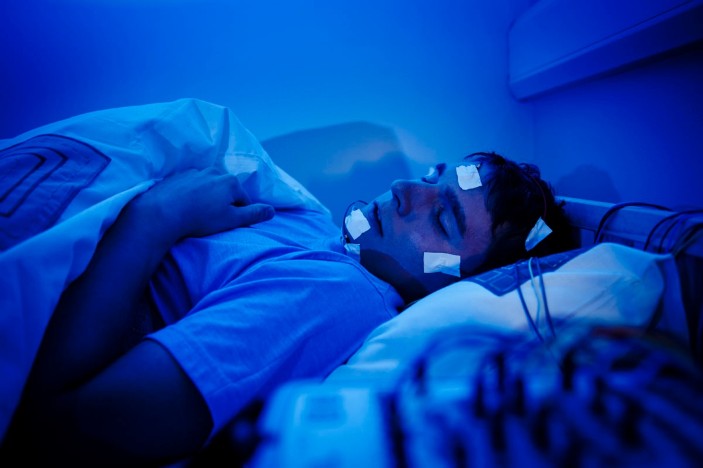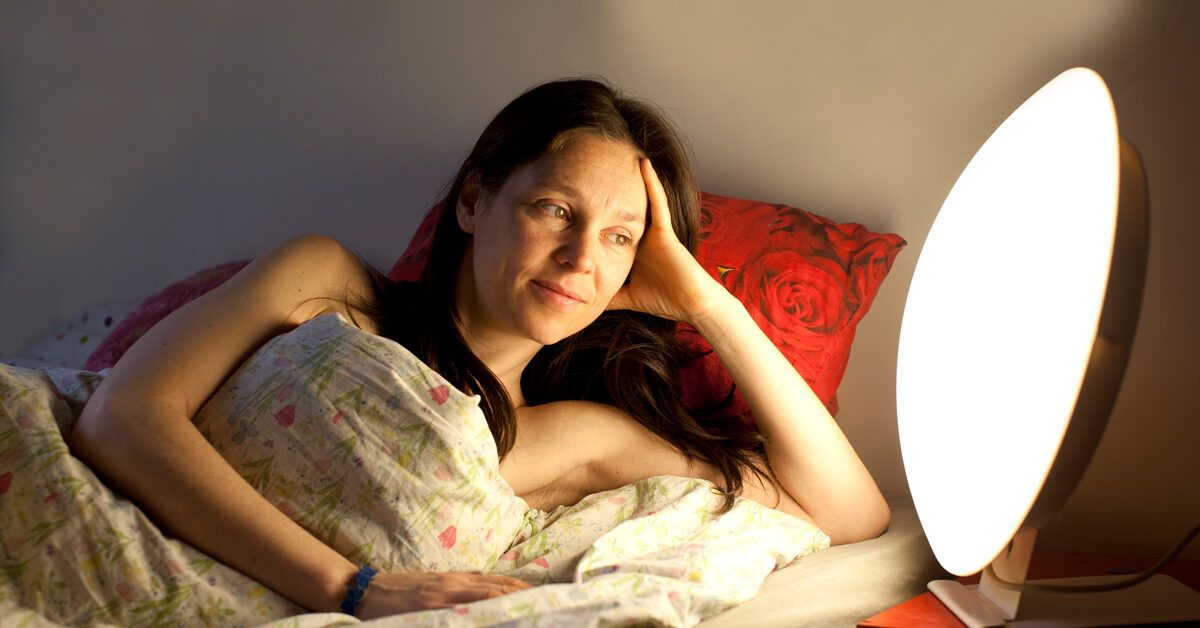Effective Therapy Solutions for Handling Sleep Disorders and Enhancing Restful Rest
In the world of health care, the management of rest disorders and the pursuit for restful sleep are essential components of general health. As we navigate the intricate landscape of rest problems and seek to boost our rest experience, a deeper understanding of these therapy options may hold the trick to opening a more refreshing and satisfying restorative journey.
Cognitive Behavioral Therapy for Sleeping Disorders (CBT-I)
Cognitive Behavior Therapy for Sleeping Disorders (CBT-I) is a structured, evidence-based treatment strategy that concentrates on attending to the underlying factors contributing to rest disturbances. This kind of therapy aims to customize habits and ideas that intensify sleeping disorders, eventually advertising healthy and balanced rest patterns. CBT-I generally includes a number of vital components, consisting of cognitive treatment, rest limitation, stimulation control, and sleep hygiene education and learning.
Cognitive therapy helps individuals identify and change negative thought patterns and ideas regarding rest that might be impeding their capability to fall or stay asleep. Sleep constraint entails limiting the amount of time spent in bed to match the person's actual sleep duration, thereby increasing rest performance (cognitive behavioral therapy for insomnia (CBT-I)). Stimulus control strategies aid develop a strong association in between the bed and rest by motivating individuals to head to bed only when drowsy and to avoid participating in boosting tasks in bed
Additionally, rest health education concentrates on establishing healthy and balanced rest practices, such as maintaining a constant rest schedule, creating a relaxing going to bed regimen, and maximizing the sleep environment. By resolving these variables thoroughly, CBT-I offers a reliable non-pharmacological treatment for handling sleeping disorders and boosting general sleep top quality.
Sleep Health Practices
Having established the foundation of cognitive restructuring and behavior alterations in attending to sleeping disorders with Cognitive Behavioral Therapy for Insomnia (CBT-I), the emphasis currently moves in the direction of checking out vital Sleep Hygiene Practices for keeping ideal rest quality and general well-being.
Rest health practices include a variety of routines and ecological aspects that can dramatically influence one's ability to sleep and remain asleep throughout the evening. Consistent sleep and wake times, producing a relaxing going to bed routine, and enhancing the rest environment by maintaining it dark, silent, and cool are important components of excellent rest health. Restricting direct exposure to displays prior to going to bed, staying clear of stimulants like caffeine close to going to bed, and engaging in regular physical activity throughout the day can likewise advertise far better rest quality.
Furthermore, practicing relaxation techniques such as deep breathing exercises or reflection before bed can help relax the mind and prepare the body for rest. By integrating these rest health practices right into one's day-to-day regimen, people can establish a healthy and balanced rest pattern that sustains restful rest and overall wellness.
Leisure Techniques and Mindfulness
Applying leisure methods and mindfulness techniques can play an essential role in cultivating a feeling of calmness and advertising quality rest. insomnia therapy. These strategies intend to silent the mind, reduce anxiety, and develop an ideal setting for restful rest. One extensively practiced method is deep breathing exercises, where people concentrate on slow-moving, deep breaths to relax the body and mind. Modern muscle relaxation includes tensing and then releasing each muscular tissue group, promoting physical relaxation. Furthermore, assisted imagery can help transfer people to a peaceful place in their minds, assisting in anxiety reduction and improving rest high quality.
Mindfulness practices, such as reflection and yoga, are likewise effective in advertising relaxation and enhancing rest. Mindfulness encourages people to remain present in the minute, allowing go of fears about the past or future. By incorporating these practices into a going to bed regimen, people can indicate to their bodies that it is time to take a break and prepare for sleep. Generally, incorporating relaxation techniques and mindfulness techniques can considerably add to managing rest problems and enhancing general rest quality.

Medicine Options for Rest Disorders
After discovering leisure strategies and mindfulness methods as non-pharmacological interventions for boosting sleep quality, it is vital to think about medicine choices for people with this website rest disorders. In cases where way of living modifications and therapy do not provide adequate alleviation, medication can be a beneficial device in handling rest disruptions.
Commonly prescribed medications for rest disorders include benzodiazepines, non-benzodiazepine hypnotics, antidepressants, and melatonin receptor agonists. Antidepressants, such as trazodone, can be helpful for people with co-occurring depression and rest disruptions - insomnia solutions.
It is crucial for individuals to talk to a doctor to figure out the most proper drug alternative based upon their details rest problem and medical history.
Light Therapy for Body Clock Policy
Light treatment, likewise understood as phototherapy, is a non-invasive therapy method utilized to manage body clocks and boost sleep-wake cycles. This therapy involves exposure to intense light that resembles natural sunshine, which aids to reset the body's inner clock. By exposing individuals to certain wavelengths of light, usually in the morning or evening depending upon the desired impact, light therapy can efficiently adjust the circadian rhythm to promote wakefulness throughout the day and improve relaxing rest during the night.
Study has actually shown that light therapy can be especially valuable for individuals with circadian rhythm disorders, such as delayed rest phase disorder or jet lag. It can likewise be valuable for those experiencing seasonal depression (SAD), a sort of anxiety that usually occurs throughout the cold weather when pop over here all-natural light exposure is lowered. Light therapy is usually well-tolerated and can be used combined with various other treatment approaches for rest disorders to maximize results and enhance total sleep quality.
Verdict
Finally, reliable treatment remedies for managing sleep conditions and improving restful rest consist of Cognitive Behavior modification for Insomnia (CBT-I), rest health practices, relaxation techniques and mindfulness, medicine alternatives, and light treatment for circadian rhythm law. These techniques can assist individuals enhance their rest top quality and total health. It is very important to speak with a health care provider to establish one of the most appropriate method for dealing with sleep problems.
As we browse the elaborate landscape of rest disorders and seek to improve our sleep experience, a much deeper understanding of these therapy options may hold the secret to unlocking an extra refreshing and satisfying corrective journey.
Sleep constraint includes limiting the amount of time spent in bed to match the individual's actual sleep period, consequently enhancing rest performance. Constant rest and wake times, developing a relaxing going to bed routine, and maximizing the sleep setting by maintaining it dark, peaceful, and cool are important elements of great rest hygiene. Light therapy is usually well-tolerated and can be made use of in combination with this contact form various other therapy approaches for sleep disorders to maximize results and boost total sleep high quality.
